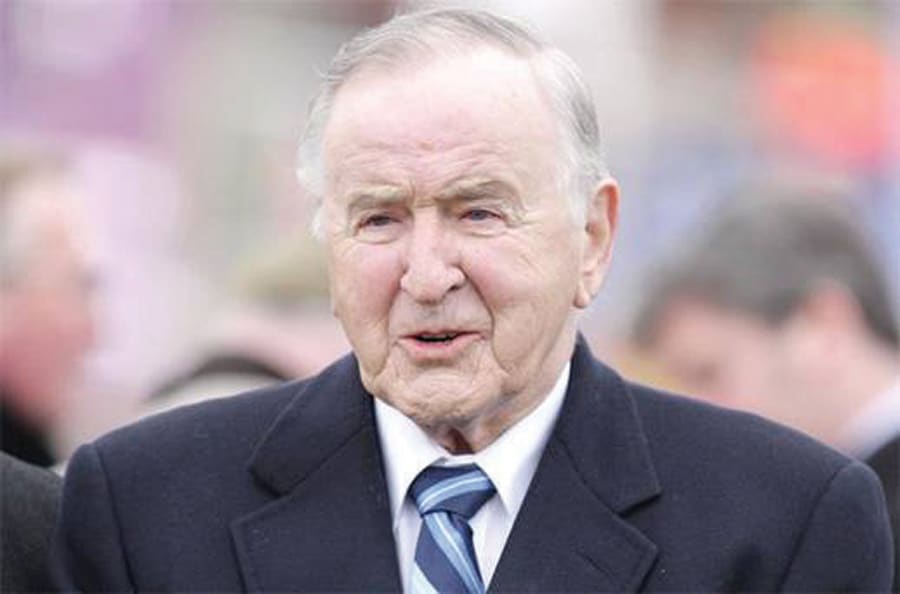Former Taoiseach and leader of Fianna Fáil Albert Reynolds has died at the age of 81.
Born in Rooskey, Co. Roscommon in 1932, Reynolds was first elected to the Dáil for the constituency of Longford/Westmeath in 1977. As Minister for Posts and Telegraphs and Minister for Transport from 1979-81, he revolutionised the telecommunications system, which saw the Irish telephone system transformed into one of the best in Europe.
As Minister for Industry and Energy in 1982, Reynolds developed the National Grid, establishing the gas pipeline from Cork to Dublin. He was Minister for Industry and Commerce in 1987-88 and Minister for Finance, 1988-91. As Minister he reduced all personal tax rates for the first time in 20 years and also successfully marketed the Financial Services Centre, resulting in two hundred financial firms setting up business there.
Reynolds was removed from Cabinet for challenging the leadership of Charles Haughey in 1991, but assumed the mantle of leadership shortly afterwards in a continuation of the coalition government with the Progressive Democrats. At the beginning of 1993 Albert Reynolds was returned to office in coalition with the Labour Party.
Without a doubt his greatest achievement was in Northern Ireland and Anglo-Irish relations, signing the Downing Street Declaration in 1993. It was Reynolds’ determination that gave impetus to the peace process and the establishment of an IRA ceasefire in 1994, followed shortly afterwards by a loyalist ceasefire.
In a dispute with coalition partners the Labour Party, the government fell and Albert Reynolds resigned as leader of Fianna Fáil and Taoiseach in late 1994 and retired from active politics in 2002.



